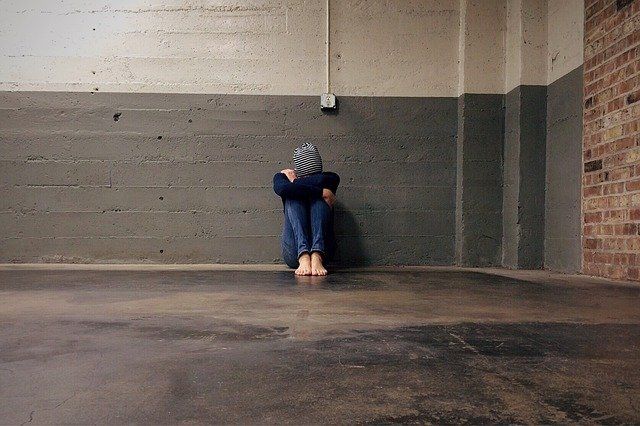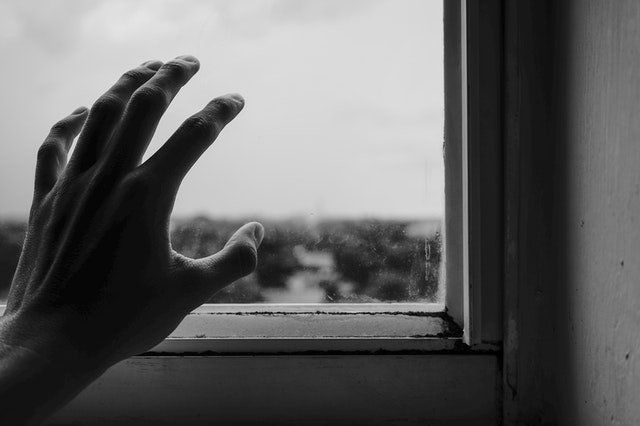5 Key Things You Need To Know About Hair Pulling (Trichotillomania) and Skin Picking Disorders
Hair pulling disorder (Trichotillomania), nail biting disorder, and skin picking disorder (Excoriation Disorder) fall into a category called Body Focused Repetitive Behaviors (BFRB’s). These disorders are confusing because the people struggling don’t want to be doing these behaviors. Learn about what these disorders are, how they impact people’s lives, and treatment that can make a real difference.
-When I finished my call, I looked down and saw a pile of hair from my eye brows. I didn’t even realize I was doing it.
-It was this really strong urge I couldn’t ignore.
-I had to make it look right.
-It didn’t feel right. I had to keep picking at it until it was smooth.
-I know I’m not supposed to do it but it helps me calm down.
-I’m ashamed of what I look like.
1. What are Body-Focused Repetitive Behaviors (BFRBs)?
Hair-pulling disorder (Trichotillomania), nail-biting disorder, and skin picking disorder (Excoriation Disorder) fall into a category called Body Focused Repetitive Behaviors (BFRB’s).
Common BFRBs include:
- Trichotillomania (“Trich”) is also called hair pulling disorder. People pull out hairs on different parts of their body such as their head, eyebrows, eye lashes, arm and leg hair, pubic hair, and facial hair. This behavior usually starts around age 12. People experience bald patches or hair loss because of repeated hair pulling.
- Excoriation is also called skin picking disorder. It involves repeatedly picking at your skin and includes touching, rubbing, scratching, and digging. Repeated picking can result in permanent scars. 75% of the people with skin picking disorders are women.
- Onychophasia is also called chronic nail biting. This usually starts in childhood, but 20-30% of adults chronically bite their nails and cuticles. People with this disorder usually cause damage to their nails and skin.
BFRBs affect about 5% of the population.
Trichotillomania, skin picking, and other BFRBs are complicated disorders that cause people to repeatedly touch their bodies in ways that cause physical damage. They take up a lot of time and cause negative physical and psychological results. They also negatively impact school, work, and relationships.
Someone struggling with a BFRB is usually really distressed. They can feel out of control and weak. They may also feel alone, out of control, and ashamed. As a result, they may keep their BFRB a secret. They usually try to find ways to deal with the behavior like covering up different body parts, using makeup or wigs, and avoiding social situations.

2. Why do they do this?
A BFRB is not a nervous tic or habit.
BFRBs are usually a way to cope with anxiety about something. Triggers usually include stress, frustration, and/or the need to make an area look right. Skin picking or hair pulling is a way to make these negative feelings go away. That’s why they keep happening over and over again.
Many people do it while zoning out or doing a mindless activity (e.g., watching tv, reading) and don’t realize they are doing it.
They only realize it once they’ve done it and they see the result like a pile of hair or a scar on their skin.
3. What causes BFRB’s?
We don’t know the exact cause of BFRB’s.
However, research shows that BFRBs can be caused by a combination of:
- Stress at home, work, or school.
- The way you learned to cope with stress and negative situations.
- Genetics.
- Personality.
- The age when the symptoms started.
4. What is the best treatment for BFRBs?
Research shows that Cognitive Behavioral Therapy (CBT) for BFRBs leads to good short and long-term results.
It’s essential to see someone who specializes in BFRBs.
Treating hair pulling or skin picking like an anxiety disorder or OCD can actually make it worse.
Treatment for BFRBs involves:
- Working towards changing and managing harmful behaviors.
- Learning healthier ways to deal with the thoughts and feelings that trigger the behaviors.
- Practicing self-compassion.
- Learning to accept that setbacks are part of the process.
5. If I have one of these disorders, what should I do?
- Remember that you are not alone.
- Seek out a Cognitive Behavioral therapist who specializes in skin picking or hair pulling. Remember that treatment will be hard and take a while, but the investment is worth it.
- Give yourself a break. You’re using this as a coping strategy. When you learn new strategies, your behavior will change.
- Understand that setbacks are part of the process. A setback doesn’t make you a failure or a bad person. What matters more is how you bounce back.
You are not alone. You are not your disorder. There is help available.
Our practice has a subspeciality in treating BFRBs. When you’re ready, please call so we help you.
Written by Twisa Desai, LPC, a psychotherapist at Bucks County Anxiety Center. Twisa specializes in Cognitive Behavioral Therapy for Anxiety and OCD. She has a sub-specialty and additional training in treating BFRBs.
Updated December 2020, by Dr. Ronit Levy, director of Bucks County Anxiety Center in Newtown, PA.
Dr. Levy specializes in treating teens and adults struggling with anxiety due to Anxiety Disorders, OCD, chronic illness, and life events.
Please contact us to set up an appointment.
We can help give you information, a map for next steps, and hope that you can have the life you want.
Wishing you the best,
Dr. Levy
Director
Dr. Ronit Levy is a clinical psychologist and director of Bucks County Anxiety Center in Newtown, PA. She specializes in treating teens and adults struggling with anxiety due to Anxiety Disorders, OCD, chronic illness, and life events. Dr. Levy trains and supervises other therapists and presents on mental health in the community.
Anxiety & OCD Blog Latest Posts
About Us
The therapists who practice at Bucks County Anxiety Center work with teens (ages 14 and up) and adults struggling with anxiety and OCD.
All Rights Reserved | Bucks County Anxiety Center







